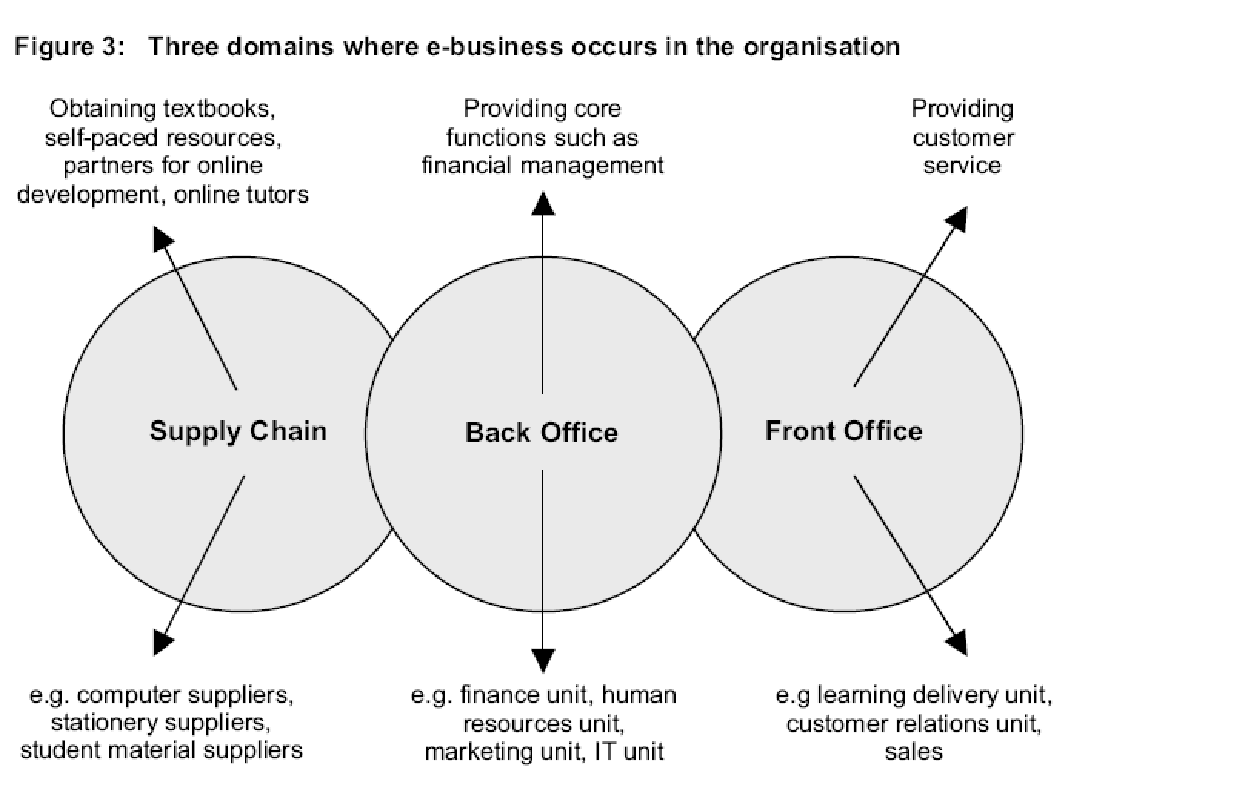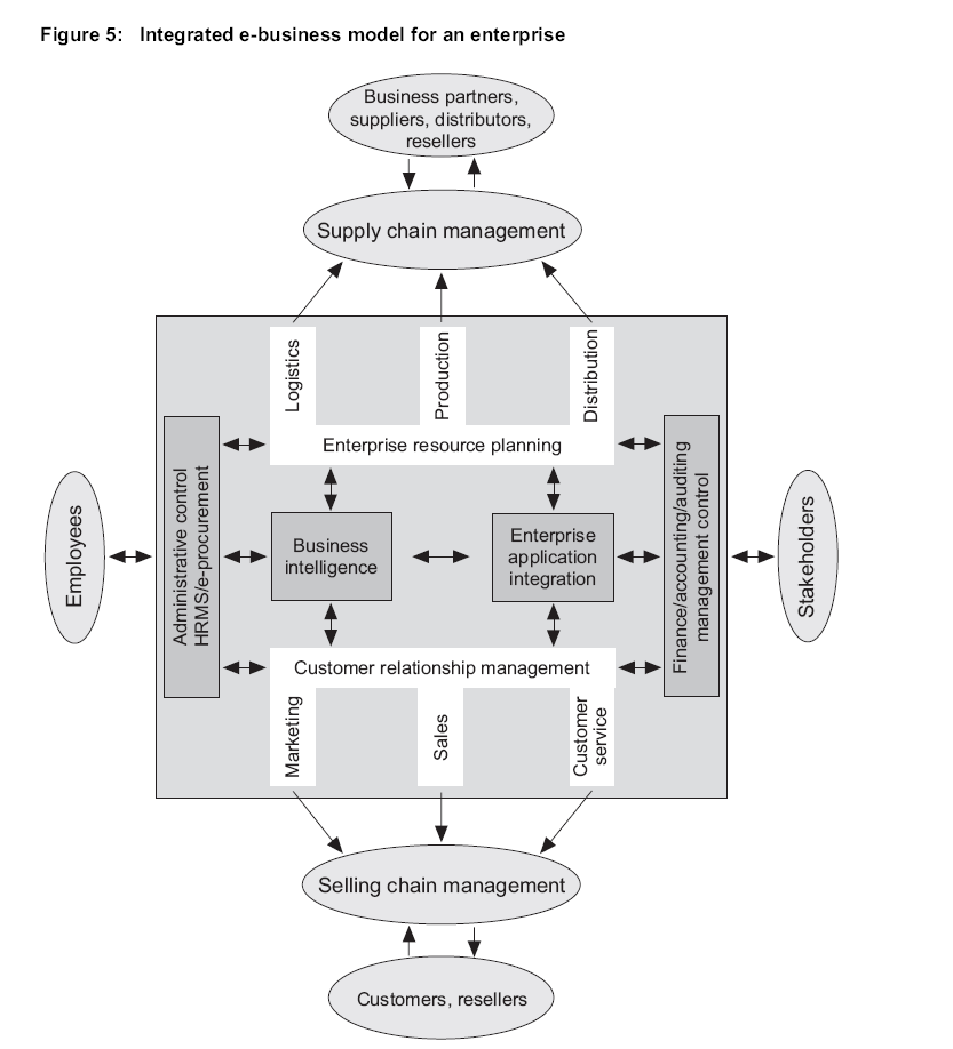Introduction
E-tailing refers to the commercial transacting of goods and services through the World Wide Web (www). In real terms, e-tailing could envisage transactions relating to B2B (business to business) and also B2C (business to consumers) transactions.
The main question that confronts most people is whether internet business would displace, or eventually replace brick-and-mortar stores, but this may not be possible in the near future, since many lines of businesses are still carried out through brick-and-mortar stores. The main businesses that are being conducted online, interalia are books, CDs, music items, confectionery, toys, flowers, and personal computers.
Identify three behaviors inherent in e-tailing
- No direct contacts between buyer and seller, thus no need for setting up huge and expensive stores with exorbitant investment outlays that need to be recouped over time.
- All transactions conducted en masse through online systems between buyers and sellers, thus it is possible for number of customers to be served simultaneously
- E-tailing has transformed conduct of business from product- centric to customer focused, and in the process, annihilated geographical hurdles to trade and other ostensible barriers to global business.
Fundamentally, e-tailing reforms the way business is conducted. While it could be used in consonance with brick-and-mortar, it is necessary to make structural changes that could ensure the smooth flow of e-business at all functional levels.
“Utilizing e-commerce, however, does not mean that a company has transformed into an e-business. E-business is implemented only when a company changes its internal procedures to take advantage of e-commerce technologies.” (Lientz, & Rea, 2009, Product description, para.1).
Note the communication medium in which each behavior occurs
The first behavior of selling goods and services through the internet could be through the communication medium of e-mail. It could also be in terms of filling up an electronic order form and affecting a digital signature that would be validated by the electronic system while making payment for goods purchased. In most instances, payments are made in advance, and thus the question of any irregularities in payments, etc., does not arise.
In the second case, that is, group servicing of customers, dedicated internet Telephony or web conferencing could be used. The advantages of VoIP are that it is a dedicated installation where telephone calls could be rendered over dedicated internet telephony, instead of normal communication transmission lines. (VOIP, 2009).
In the third case, it is seen that e-tailing facilitates global communication networks. The focus is now more towards servicing global customers through customization process – ushering in a borderless internet world. Thus, the communication medium that could address these aspects could be in terms of sophisticated voicemail functions like forwarding, placing in memory, hold or store for future use. (Electronic business, 2005).
Explain each behavior using communication process
The buying and selling of products and services over the internet could use the facility of web conferencing for conducting interactive meetings, or PowerPoint presentations (PPT) over the internet. The modus operandi by which web conferencing could be done is by downloading data which are later transacted by the web viewers, and even they would access it through typing appropriate URL links to gain access to such meetings, or PPTs.
Again the question of payment for goods, services or utilities transacted through web based applications could be through debit cards, credit cards or some other models using communication processes.

Organizationally speaking, it could be said that there are three areas in which e-business communication systems could be enforced. In the front office, the communications could be with respect to interfacing with customers; in the back office it could be with regard to integration of communication of pecuniary matters and with regard to supply chain management, it addresses aspects of interfacing with vendors and suppliers.
Explain how each medium enables e-communication
- Descriptions of the purpose: The mediums that are taken into account are E-mails, voice mail and web conferencing.
- Sender: The sender is able to upload email communications with attachments in Pdf/ html formats’. Under voice mail he is able to leave messages for the other party or to a group of parties. The messages could be left in mailbox in the event the party is not readily responding. Coming to web conferencing, simultaneous interacting with several parties could possibly be made through this communication system. The basic idea of e-communication is to make exchanges succinct, lively and responsive, while inducing the customer to make purchases.
- Receiver: From the recipient’s point of view, it could be said that emails could be downloaded, read and replied as necessary. From the communication point of view, e-mail is a good medium. Coming to voice mail, this could be interactive, or voice mails could be attended late, or put into hold or memory. There are several advantages in communications with regard to voice mail that may not be possible or amenable for other modes of communications.
- Message: The length of message for each of these modes of communication is also different. Coming first to email, it offers a wide format and matters which cannot be accommodated in main mail could be forwarded as attachments. The Pdf format is faster and user-friendly and accommodates visual data and charts. One of the advantages of e-mail is that instant transmission and replying are possible. However electronic lines of communication need to be always clear. Coming to voice mail the messages are comparatively short and need instant attention. Businesses that rely on voicemail need to be prompt and courteous in receiving and answering voice mail. Voice mail systems could be technologically modified to suit individual or corporate specific needs and this may be seen as a major attraction of this medium of e-tailing communication. Web communications are for large scale communication use, entailing groups’ communications.
- Environment: Large scale businesses would prefer webcasting and web conferencing, due to involvement of many parties, and forms the nucleus of big business needs. Video conferencing could also serve large scale propaganda of business services, or to conduct one-to-one deliberation.
- Technology: The technology involved in e-mail, voice mail and web conferencing is also different. The latter mediums like web and video conferencing involve multi- media tasking and use of sophisticated internet technology, while email may be of a lesser dimensional approach. To a large extent the volume of business generation and the kind of clientele to be selected would determine the kind of technology to be used, and the investments to be made.
- Noise: It is seen that being electronic communication systems, the level of decibels could be controlled in video presentations also, and also the use of loudspeaker facilities could be regulated whenever necessary. Thus, the level of decibels, which may be harmful at higher levels, could be regulated to desirable levels to aid correct audibility.
- Feedback: In web conferencing, immediate feedback may be possible, as also with e-mail wherever possible. In the case of voice mail the options that could be exercised may lower feedback, and two way movement of communications from the senders to recipients and back. However, multiple levels of communications may also require feedback as necessary in e-tailing procedures.
Conclusions
It is seen that communication systems form the bulwark of e-tailing, and without an efficient and effective two way communication system, e-tailing is as good as redundant, and would cease to serve any positive or productive purpose. However, the volume and scope of e-business, investment needs and the genre and class of clientele and customers that are sought to be served through e-tailing needs to be identified and assessed. This is a primary exercise that would provide direction and focus to management’s efforts to rein in wide ranging benefits and options for the maximum usage and beneficial use of e-tailing communication options, which would have far reaching impact on the future of business also.
Appendix A
Typical communication system of e-business model for enterprise

References
Electronic business. (2005). Nation Master.com.
Lientz, B P., & Rea, K P. (2009). Start right in e- business: A step by step guide to successful e- business implementation (E- business solutions) (Paper back): Product description. Amazone.com.
Mitchell, J. (2003). E- Business and online learning: Connection and opportunities for vocational education and training: Front office, back office and supply chain. NCVER.
Mitchell, J. (2003). E- Business and online learning: Connection and opportunities for vocational education and training: Basic business model. NCVER.
VOIP. (2005). Nation Master.com.